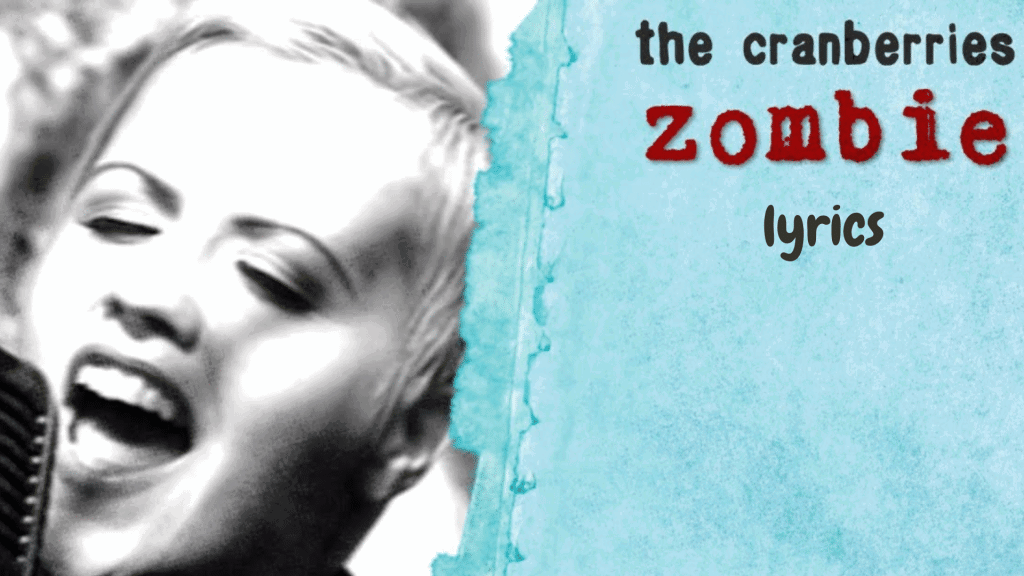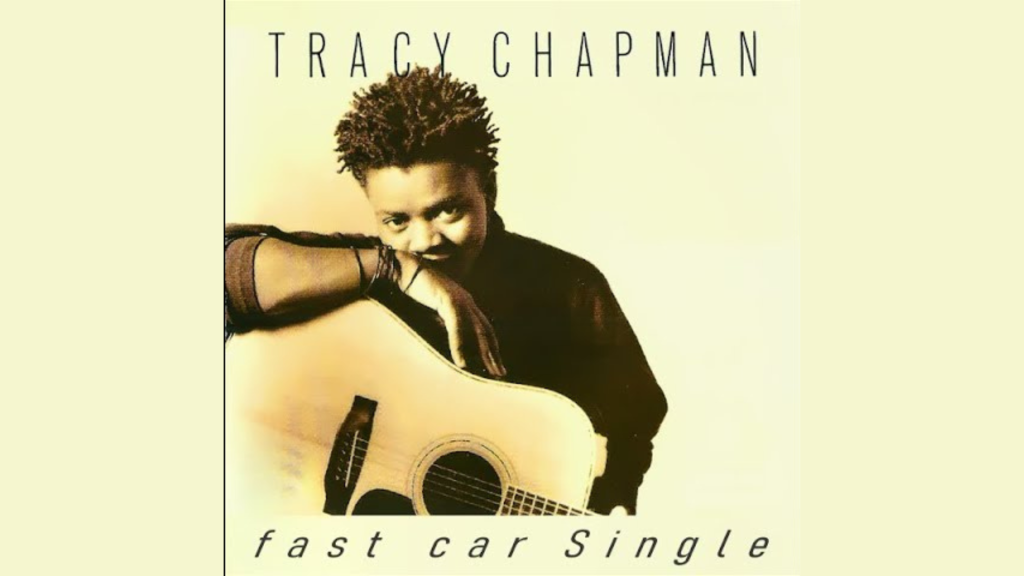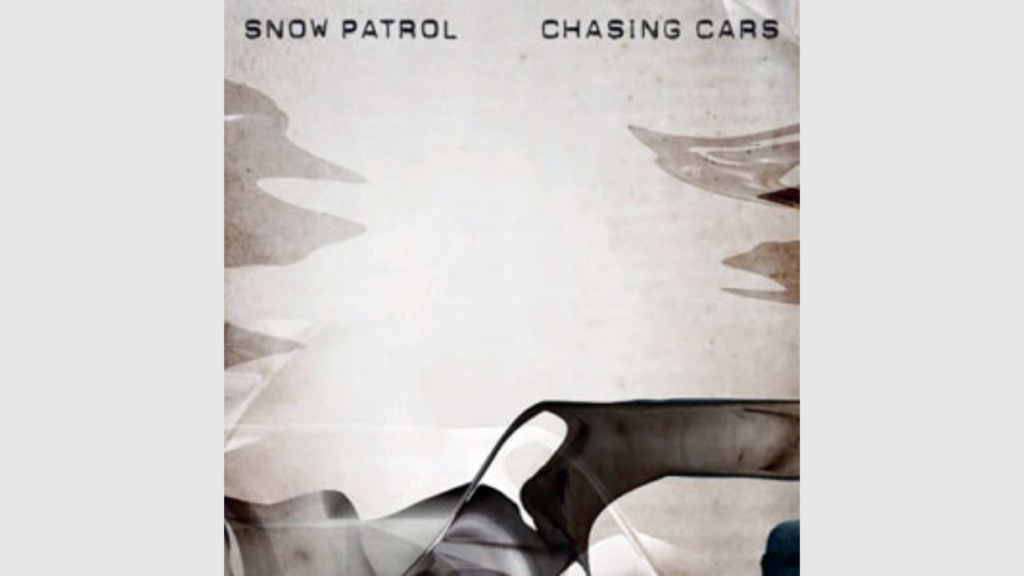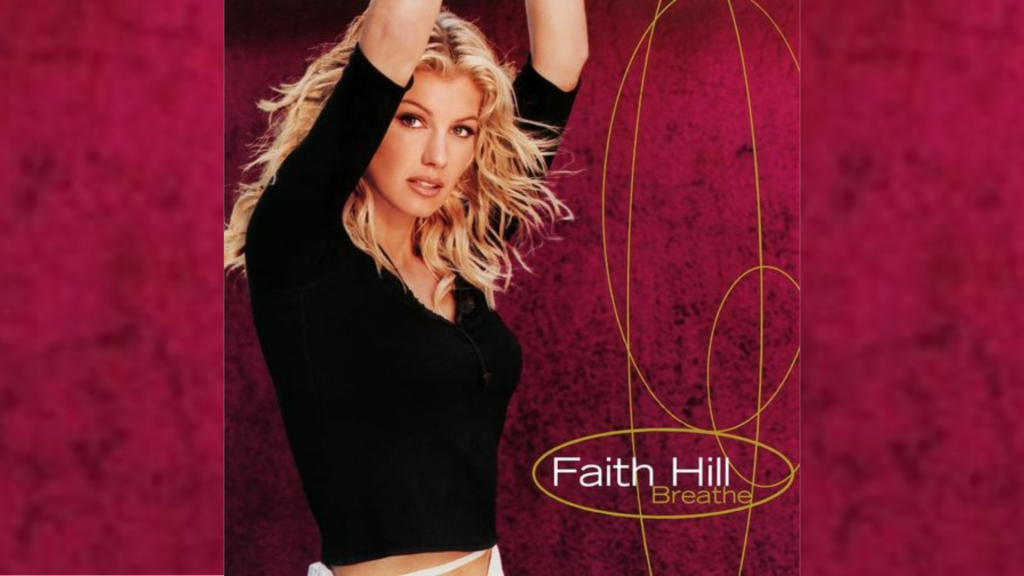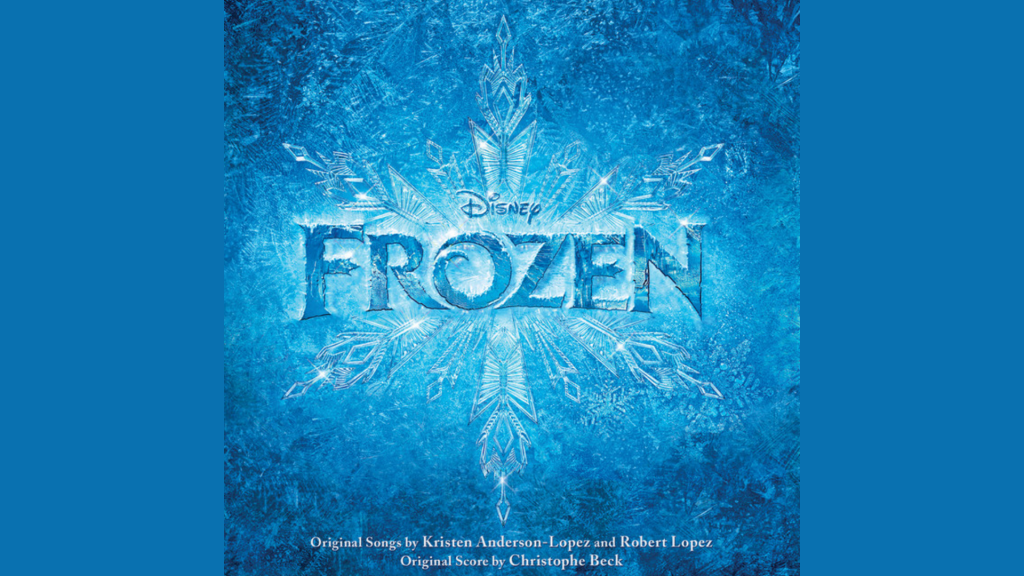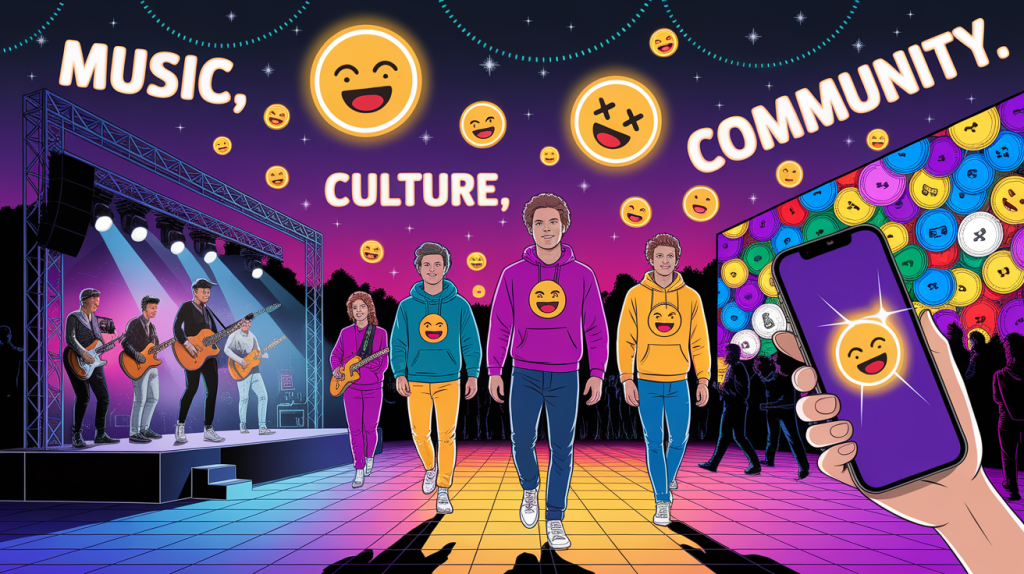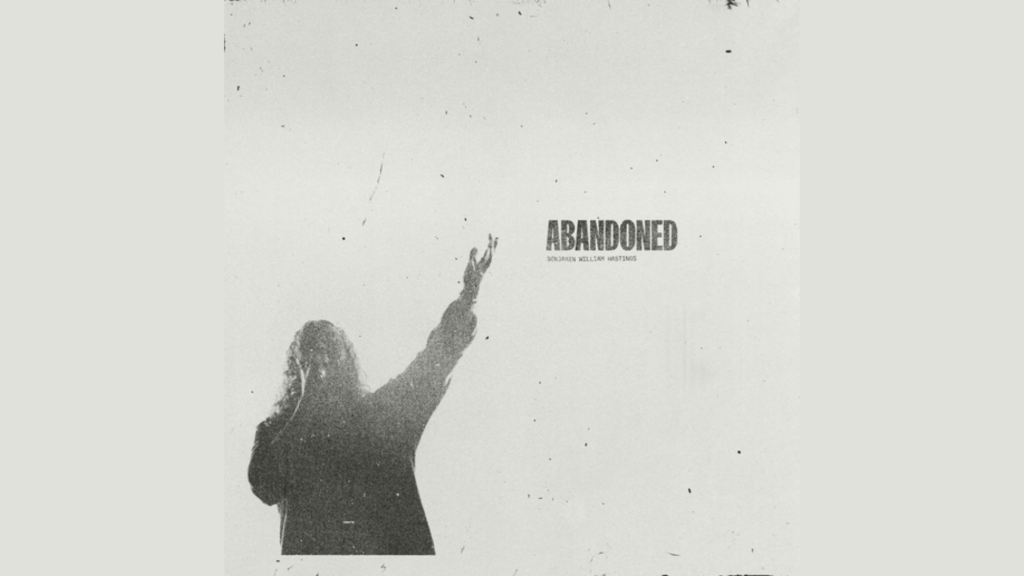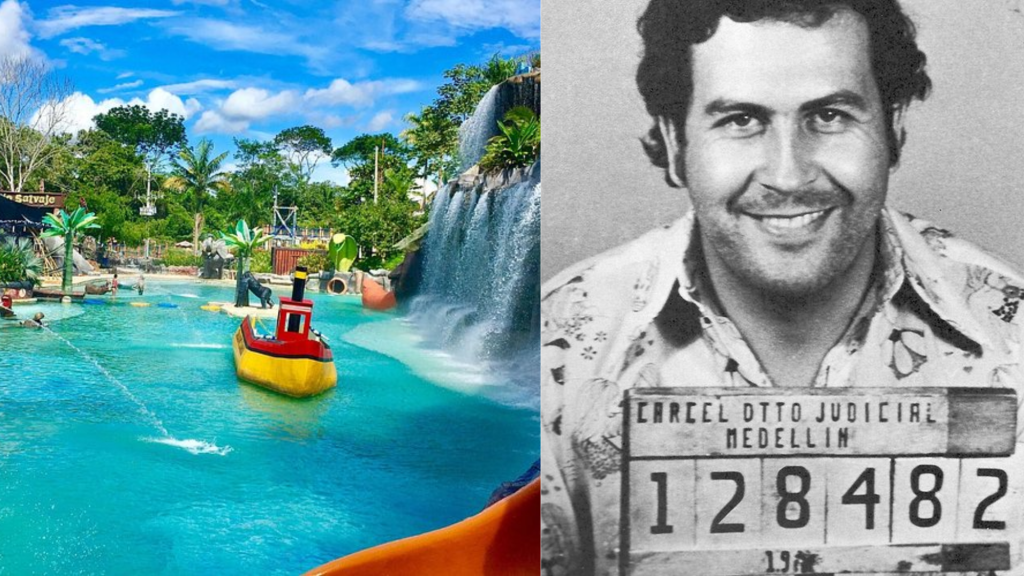The Cranberries were an Irish rock band formed in Limerick in 1989, led by vocalist Dolores O’Riordan.
The band, which included guitarists Noel Hogan and Mike Hogan, and drummer Fergal Lawler, sold over 40 million albums worldwide. They disbanded in 2019 following O’Riordan’s death in 2018.
Known for their unique Celtic-influenced alternative rock sound, they became global stars with hits like “Zombie,” “Dreams,” and “Linger.”
About The Song
“Zombie,” released in 1994, is The Cranberries’ powerful protest song written by Dolores O’Riordan in response to an IRA bombing that killed two children in Warrington, England, in 1993.
The track features intense guitar riffs and O’Riordan’s distinctive vocal yodeling.
With its anti-war message and memorable chorus, “Zombie” topped charts worldwide and became their signature song. It remains an iconic protest anthem against political violence.
| Attribute | Details |
|---|---|
| Release Date | September 19, 1994 |
| Album | No Need to Argue |
| Genre | Alternative Rock, Grunge |
| Writers | Dolores O’Riordan |
| Producers | Stephen Street |
Zombie Lyrics by The Cranberries
Verse 1
Another head hangs lowly
Child is slowly taken
And the violence caused such silence
Who are we, mistaken?
Pre-Chorus
But you see, it’s not me, it’s not my family
In your head, in your head, they are fightin’
With their tanks and their bombs and their bombs and their guns
In your head, in your head, they are cryin’
Chorus
In your head, in your head
Zombie, zombie, zombie-ie-ie
What’s in your head, in your head?
Zombie, zombie, zombie-ie-ie-ie, oh
Post-Chorus
Doo, doo, doo, doo
Doo, doo, doo, doo
Doo, doo, doo, doo
Doo, doo, doo, doo
Verse 2
Another mother’s breakin’
Heart is takin’ over
When the violence causes silence
We must be mistaken
Pre-Chorus
It’s the same old theme, since 1916
In your head, in your head, they’re still fightin’
With their tanks and their bombs and their bombs and their guns
In your head, in your head, they are dyin’
Chorus
In your head, in your head
Zombie, zombie, zombie-ie-ie
What’s in your head, in your head?
Zombie, zombie, zombie-ie-ie-ie
Oh-oh-oh-oh, oh-oh-oh, eh-eh-oh, ya-ya
Instrumental Outro
Zombie by The Cranberries Live Performances
The Cranberries – Zombie (Live At The Astoria, London, 1994)
The Cranberries’ Zombie live at The Astoria, London, in 1994 showcased Dolores O’Riordan’s raw, emotive vocals paired with the band’s grungy intensity. The intimate venue amplified the haunting delivery.
The Cranberries – Zombie – Le Live
The Cranberries’ live performance of “Zombie” at the Palais Omnisports de Paris-Bercy in 1999 was a standout moment in their career. Dolores O’Riordan’s powerful vocals resonated through the vast arena, captivating the audience with the song’s haunting anti-war message.
Similar Songs by The Artist
- “Linger”: A gentle love song about relationship regret, featuring O’Riordan’s soft vocals and memorable string arrangements.
- “Dreams”: An uplifting rock song about the joy of new love, with dreamy guitar melodies.
- “Ode to My Family”: A nostalgic song about childhood and family relationships, with a softer, melodic sound.
- “Salvation”: A fast-paced rock song warning about drug addiction, showing their harder edge like “Zombie.”
- “Just My Imagination”: A bittersweet pop-rock song about escaping into daydreams to avoid reality.
- “When You’re Gone”: An emotional rock ballad about missing someone, featuring O’Riordan’s signature vocal style.
Frequently Asked Questions
What did The Cranberries Say About “Zombie”?
Dolores O’Riordan said she wrote “Zombie” as an angry response to the 1993 IRA bombing that killed two young boys in Warrington.
Who is “Zombie”?
The term “zombie” represents those who continue cycles of violence without thinking, like “zombies” in their heads.
What Happened to the Band Now that Dolores Has Died?
The Cranberries officially disbanded in 2019 after releasing their final album, “In The End,” using Dolores O’Riordan’s vocals recorded before her 2018 death.
Why was Zombie by The Cranberries Banned?
“Zombie” wasn’t officially banned, but the BBC initially limited its airplay due to its political content about the IRA conflict. Some radio stations hesitated to play it during sensitive periods of the Northern Ireland peace process.


